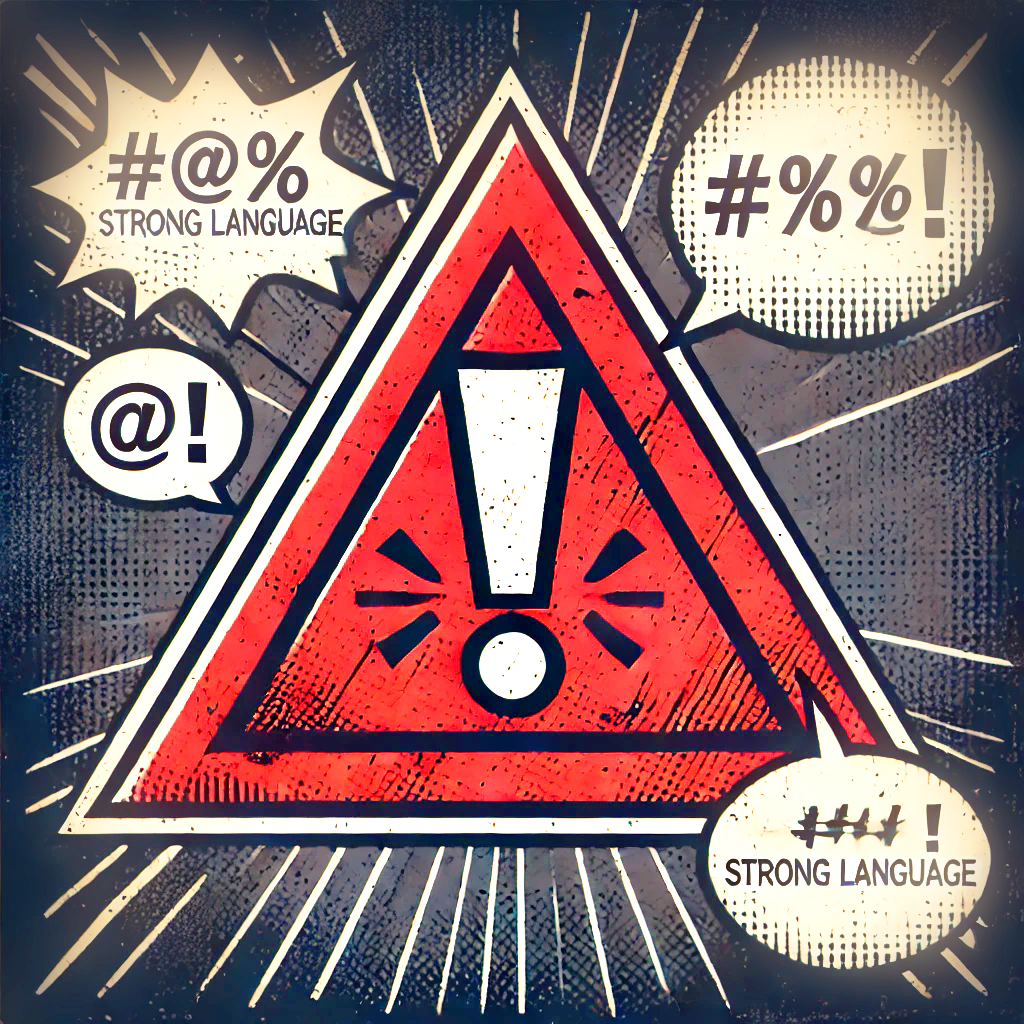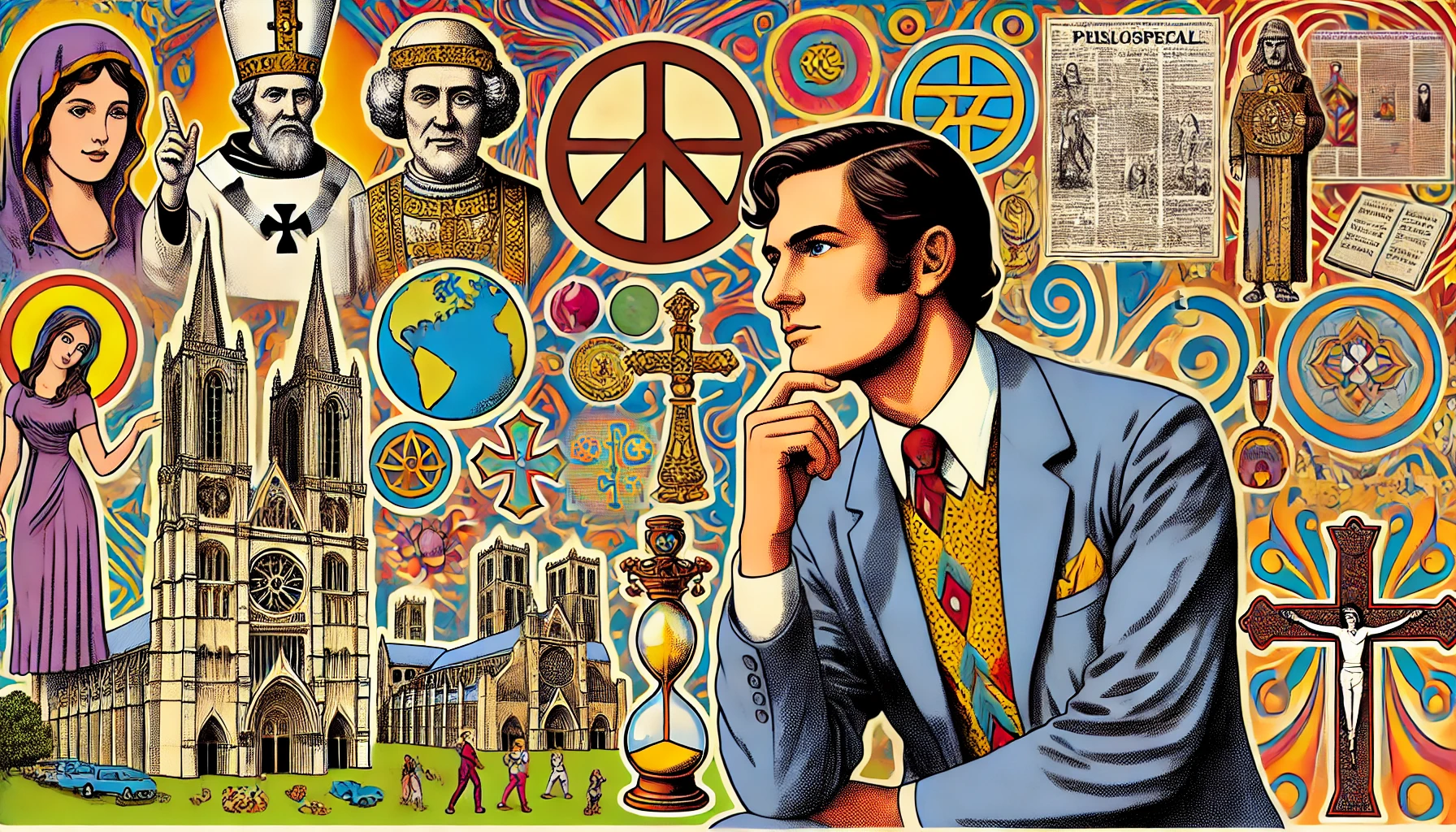A Convenient Misunderstanding
The tired accusation that atheists disregard the importance of religion in history is as predictable as it is misguided. To suggest that those who question or reject religious beliefs also dismiss the profound impact of religion on human civilization is a gross oversimplification. Let’s explore this misconception with the precision of a historian and the clarity of a seasoned observer.
First and foremost, it’s crucial to understand that acknowledging the historical significance of religion does not equate to endorsing its doctrines. Atheists are often well aware of how deeply intertwined religion is with the development of societies, cultures, and even the legal and moral frameworks that shape our lives today. This awareness, however, does not necessitate uncritical acceptance or unreserved praise.
Consider the grand sweep of history. Religions have undeniably played a pivotal role in shaping human events. The architectural marvels of the medieval cathedrals, the philosophical contributions of religious scholars, and the sheer influence of religious institutions on governance and societal norms are but a few examples. Atheists, with their penchant for critical thinking and historical analysis, are acutely aware of these contributions. They study them, reflect on them, and recognize their significance. The difference lies in their refusal to overlook the darker chapters of this history.
Let’s not pretend that the influence of religion has been an unbroken chain of benevolent guidance. The Crusades, the Inquisition, witch hunts, and countless wars waged in the name of divine will are stark reminders that religious fervor can lead to devastating consequences. Atheists do not dismiss these events; they scrutinize them, understanding that religion’s impact on history is a complex tapestry of light and shadow. This balanced perspective is often mistaken for disregard, when in reality, it is a call for a nuanced understanding.
Moreover, the idea that atheists disregard the importance of religion is contradicted by their engagement with religious texts and history. Many atheists have read the Bible, the Quran, the Bhagavad Gita, and other sacred texts, not to find solace, but to understand their influence on human thought and society. They delve into religious studies with the same rigor they apply to any other academic discipline. This intellectual engagement is far from disregard; it is a testament to their commitment to understanding the forces that have shaped our world.
In contemporary society, atheists continue to recognize the role of religion. They see how religious institutions contribute to community building, charitable works, and the moral guidance of countless individuals. However, recognition does not imply agreement. Atheists advocate for a world where morality and ethics are grounded in reason and humanism, rather than divine edicts. They challenge the idea that moral behavior is exclusive to the religious, asserting that empathy and compassion are human traits, not gifts from the divine.
To those who accuse atheists of disregarding the importance of religion in history, I offer this rebuttal: atheists do not ignore religion’s role; they examine it critically. They acknowledge the good and confront the bad, striving for a comprehensive understanding rather than a hagiographic one. This balanced approach is often uncomfortable for those who prefer their history served with a side of unquestioning reverence.
In summary, let’s abandon the convenient myth that atheists disregard the importance of religion. Instead, let’s recognize that their critical engagement with history and religion stems from a desire to understand and improve the human condition. It’s not about dismissal; it’s about depth. And to those who insist on misunderstanding, well, some illusions are cherished too deeply to be dispelled by mere facts.
Hail to intellectual rigor. Hail to historical understanding. And, as always, Hail Satan!

Darth Grumps
Grumps is the name most folks recognize him by on TikTok, Discord, and various other corners of the internet. He’s the one writing and talking about how Satanism weaves into the everyday grind, working to clear up the usual misconceptions people have about the religion. Through his own unique lens, he offers insights and a slice of Satanic wisdom that only he can provide.



Leave a Reply